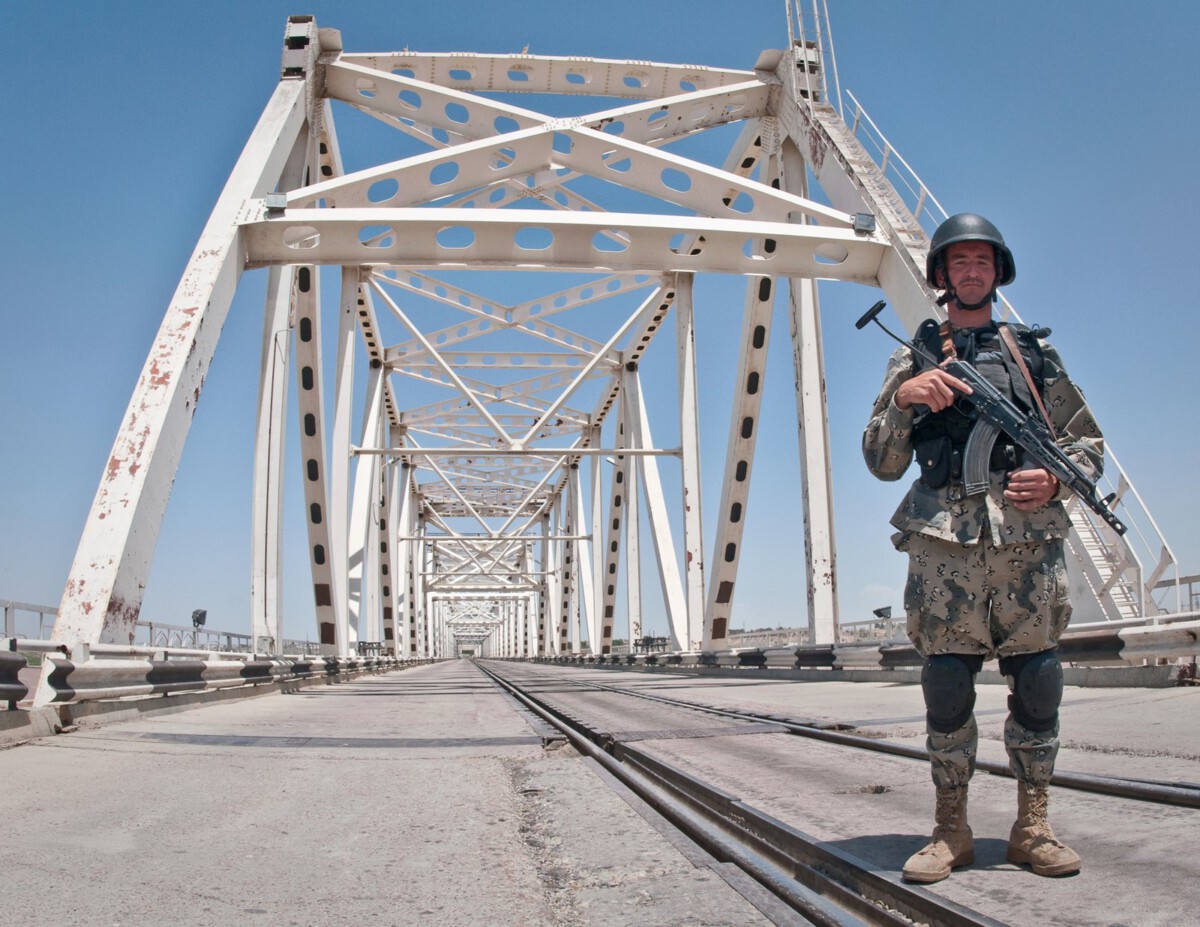North Korea’s Walls Grow Higher

North Korea is a country that has always played by its own rules, and those rules are getting stricter every year. In 2024, the regime’s grip on information—and outsiders—tightened even more, with government spokespeople hinting that a total ban on foreign tourism could be coming. Official numbers from the Korea Tourism Organization showed a stunning 95% drop in foreign tourist arrivals compared to the previous year. The government blames rising global tensions and the “need to protect our national ideology.” There’s also a long history of North Korea using detained foreign visitors as diplomatic pawns, and a complete ban would cut off this unpredictable variable. As of early 2025, travel agencies that once arranged rare, closely supervised tours report no new bookings. The country’s few remaining international flights have dwindled to a trickle. With the regime more determined than ever to isolate itself, the door may close for good on even the most adventurous travelers.
Afghanistan’s Borders Tighten Under Taliban Rule

Afghanistan’s relationship with foreign visitors has dramatically changed since the Taliban’s return to power. The new rulers have implemented sweeping restrictions on who can enter, with an emphasis on security and maintaining control. In 2023, the United Nations published data showing a sharp 70% decrease in foreign arrivals since the regime change. Most embassies now warn citizens against all travel, and visas are nearly impossible to obtain for tourism. The government’s official statements claim these moves are to “preserve Afghan culture and stability.” International NGOs and journalists have faced increasing scrutiny and risk, with several high-profile detentions in 2024. Rumors swirl about an outright ban, as border crossings become more heavily guarded and fewer flights operate from Kabul. It’s a chilling prospect for anyone hoping to visit or work in the region.
Myanmar’s Military Clampdown on Tourism

Since the military coup in 2021, Myanmar has become a country nearly impossible to visit safely. The ruling junta has enacted strict travel restrictions, often citing national security and “public order” as justification. In 2023, the Myanmar Tourism Board reported an 80% drop in international arrivals. Many foreign embassies have evacuated their staff, and most western nations advise against all travel. The regime has shut down many international flights and imposed new visa hurdles for anyone hoping to enter. In 2024, military officials publicly discussed a “temporary suspension” of all foreign tourism, which many believe could become permanent. Reports from local travel agencies suggest that even business travelers are being turned away at the border. For a nation once famous for its golden pagodas and friendly people, the tourism freeze is a heartbreaking turn.
Russia Considers Closing Its Doors

Russia’s political landscape has shifted dramatically since 2022, and it’s affecting everything—including tourism. The Russian Federal Tourism Agency announced in early 2025 that foreign visitor numbers had dropped by 60% over two years, largely because of international sanctions and travel warnings. The Kremlin has voiced growing concerns about espionage and “anti-Russian propaganda” infiltrating the country through foreign visitors. Several high-profile cases of detained travelers—accused of spying or spreading false information—have made headlines. Restrictions on tourist visas have been gradually increasing, particularly for citizens of nations seen as unfriendly. In some regions, authorities have openly discussed the possibility of suspending all non-essential foreign entry. With borders tightening, the famous sights of Russia may soon be off-limits to outsiders.
Iran’s Shifting Attitude Toward Outsiders

Iran has always been a paradox for travelers—sometimes welcoming, sometimes wary. In 2024, the government announced much stricter visa regulations, warning that further restrictions or an outright ban could follow. The Iranian Cultural Heritage, Handicrafts and Tourism Organization reported a 50% decrease in foreign tourist arrivals in 2023, a sharp reversal from just a few years earlier. The government often cites security concerns and the need to limit what it calls “cultural interference.” Tensions with Western countries remain high, and several foreign nationals have been detained in recent months on vague charges. The tourism industry, once hopeful for a revival, is now bracing for even tougher limits. If the current trend continues, the ancient ruins and bustling bazaars of Iran may soon be reserved for locals alone.
Venezuela’s Shrinking Welcome Mat

Once a magnet for backpackers and nature lovers, Venezuela is now one of the least visited countries in South America. The Ministry of Tourism announced in 2025 that foreign tourist numbers had plummeted by 90% since 2020, fueled by economic collapse and political instability. Officials have discussed restricting entry for foreign nationals even further, partly to “preserve public order” and partly to control the country’s international image. The government’s desire to limit outside influence has only grown, as foreign media and aid organizations are increasingly seen as threats. Travel advisories from the US, Canada, and Europe now warn citizens to avoid Venezuela entirely. For the few who still attempt to visit, obtaining a visa is a bureaucratic marathon, and many are simply denied. The once-bustling beaches and national parks now stand almost empty.
Belarus’s Crackdown on Foreigners

Belarus has attracted global scrutiny for its harsh political crackdowns since the disputed 2020 election. In the years since, the government has made it harder for foreigners to enter, often citing security concerns. In 2024, authorities announced new regulations tightening visa requirements, and the number of international visitors has dropped by 75% since mass protests erupted. Human rights groups say foreign journalists and NGOs face unprecedented obstacles and risk of detention. The government’s rhetoric has hardened, framing foreign visitors as potential “agents of destabilization.” Several western tour operators have pulled out of the country entirely, leaving only a trickle of intrepid travelers. With such a climate, many expect official bans on foreign visitors could be next.
Syria’s Door to the World Slams Shut

Syria’s devastating civil war has made it one of the most dangerous places on earth for travelers. The Syrian Ministry of Tourism reported in 2023 that foreign visitors had decreased by more than 95% since fighting erupted. The government has openly discussed banning all foreign tourism as a way to control information and prevent outside interference. Checkpoints are everywhere, and even those granted visas face intense scrutiny at every turn. International flights are rare, and most embassies have long since closed. Humanitarian groups report that aid workers find it almost impossible to enter. The ancient ruins of Palmyra and the markets of Damascus, once bustling with visitors, are now empty and silent. Safety concerns and government policy combine to make Syria nearly impossible to reach.
Cuba’s Tourism Retreat

Cuba has always had a complicated relationship with foreign tourism, balancing the promise of economic gain with concerns about outside influence. In 2025, the Cuban Ministry of Tourism reported a 40% decline in foreign arrivals compared to the previous year. Government officials have hinted at more restrictions on foreign visitors as a way to “protect national interests,” especially with economic pressures from the United States intensifying. Travel rules have become increasingly strict, and many foreign-owned businesses have been shuttered or nationalized. Even visitors from friendly nations report delays and extra scrutiny at the border. The mood in Havana is tense, and many locals worry that a full ban on foreign travelers could soon become reality. The island’s colorful streets and classic cars may soon be for Cuban eyes only.
Saudi Arabia’s Shifting Sands on Tourism

Saudi Arabia’s Vision 2030 plan was supposed to make the kingdom a global tourism hotspot. In 2023, foreign visitor numbers actually rose by 20%, driven by ambitious projects and major events. But in 2024, regional tensions and security incidents led the government to review its open-door policy. Officials cited “national security” and “social harmony” as reasons for possibly restricting foreign visitors. In some regions, especially near sensitive borders, tourists are already being turned away. The rapid changes have left many would-be visitors uncertain about whether they’ll be welcome in the future. As the government weighs its next steps, the world waits to see if Saudi Arabia will close its doors or once again embrace outsiders.








